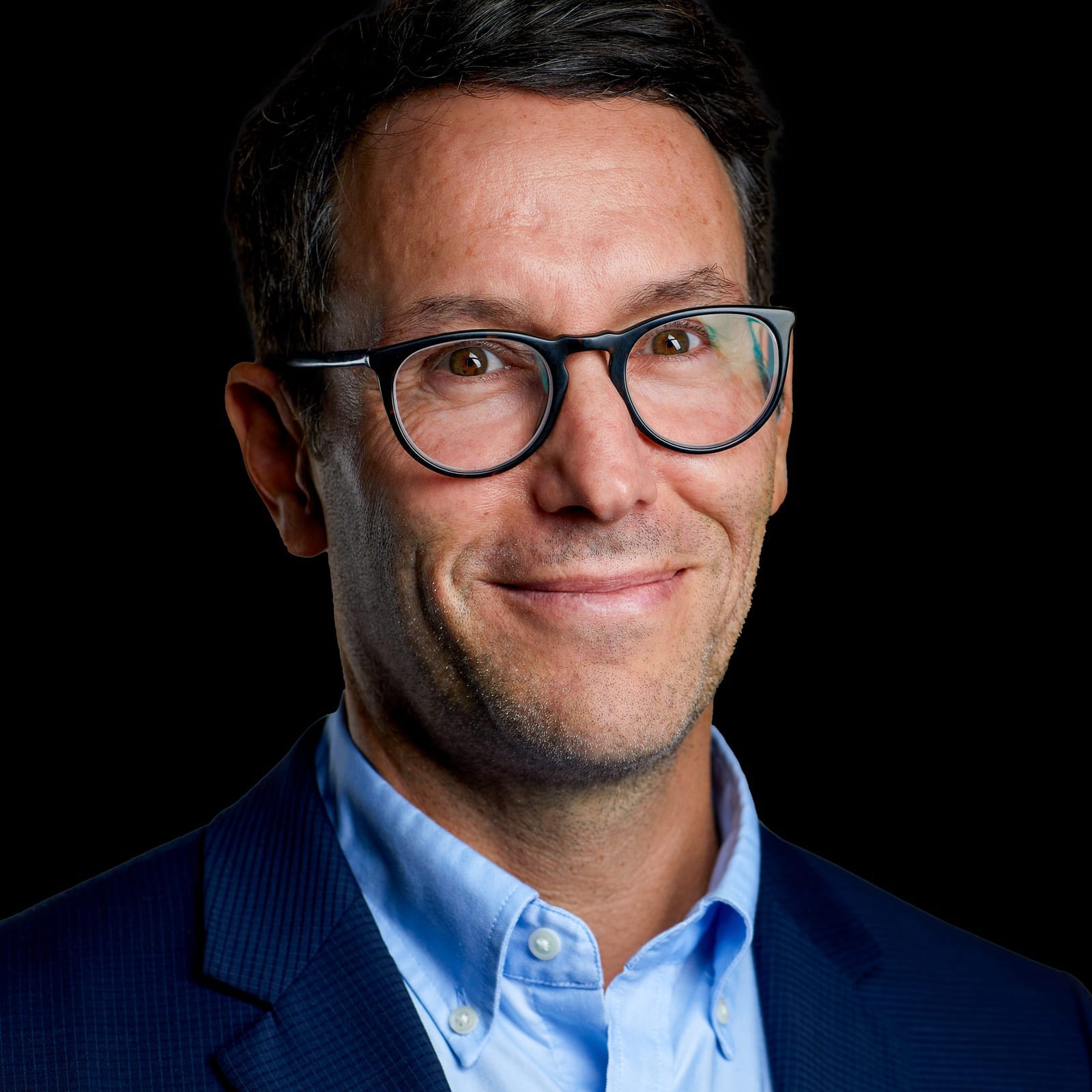Quantum mechanics has shown that two seemingly opposite things can occur at the same time. Light can simultaneously be a particle and wave. Schrodinger’s cat can be both alive and dead. The outcome depends on the observer.
The same phenomenon applies to the wealth management industry of late. Private equity firms are paying huge sums to snap up financial advisory firms operating in market where trillions of dollars of wealth will change hands over the next decade. At the same time, private equity firms are vastly overpaying for complacent financial advisory firms that demonstrated little effort to grow their business beyond the white men that have long dominated their client list.
So, how can both be true? There’s no doubt that consolidation is sweeping the industry. DeVoe & Company recently confirmed that RIA M&A transactions this year reached record levels by October. But the frenetic M&A activity and soaring valuations may be hiding some fundamental flaws in the business, namely that organic growth has been alarmingly slow at time when demand for financial advice is far outstripping supply.

“Between years of consistent market returns and M&A eye-popping multiples, financial professionals have seen consistently higher revenue,” Michael Bryan, Executive Vice President and Chief Growth Officer for Atlanta-based Strategic Blueprint, told WSR. “There is no question, however, increased revenue is masking a troubling lack of organic growth.”
In fact, Bryan said, M&A is directly contributing to the weak organic growth. Advisors would much rather sell their business for high multiples rather than do the hard but fundamental task of acquiring new clients or greater wallet share, he said.
“The disruption M&A causes to the advisors caught up in large consolidation deals is a direct contributor to the stagnation of actual growth,” Bryan said. “Instead of expanding services or prospecting for new clients, thousands of advisors each year are learning new systems, policies, paperwork and custodians. Large firms continuing to get larger by eliminating smaller firms does not translate to advisors gaining increased clients or expanding wallet share.”
An Alarming Lack Of Growth
Last year, BlackRock and The Ensemble Practice issued a 2024 report that surveyed 240 advisory firms about organic growth. The study suggested that advisors owe revenue gains less to the skill of running a successful business and more to the resilience of a bull market. When it comes to winning new clients and capturing greater wallet share, moderate growth has been largely offset by withdrawals and client departures.
To measure organic growth, the report focused on inflow and outflow of client money. By that standard, contributions have ranged from 3% to 4% per year over the past decade, minus distributions, which have ranged from 1.5% to 3% per year.
“If this level of distribution continues, it will create a headwind that will be difficult to overcome,” the report said. “After all, it negates half of new client assets.”
What’s going on? Experts say advisors have grown too complacent, preferring to get new business from referrals, which are much easier to close, than reaching out to groups the industry has historically ignored like women and people of color.
BlackRock and Ensemble estimate existing clients account for 57.6% of all leads in 2023, compared to just 1.3% from networking for business development.
“Without a doubt, referrals are the best way to grow—but they are not enough,” the report said.
Moreover, the report found that advisory firms that primarily rely on referrals tend to have the lowest marketing budgets.
The industry has also failed to diversify their own ranks. Women and people of color are more likely to engage advisors who look like them and understand their needs.

“Too many established practices are searching for support staff (who are women and people of color) rather than grooming true successors,” said Neil Turner, Co-Founder of NewEdge Advisors, and Chief Revenue Officer and Chief Strategy Officer of NewEdge Capital Group.
“With strong cash flows, senior advisors are often unwilling to commit to a transition timeline,” he said. “Meanwhile, young women and people of color have abundant opportunities outside wealth management. They won’t settle for being ‘support staff’ in perpetuity. If the industry wants diversity and growth, it must create real ownership and advancement opportunities.”
Cerulli Associates estimates that women from younger generations are set to inherit $47 trillion over the next 20 years.
“This creates a massive need, and opportunity, for providers across the wealth and asset management spaces to address,” Cerulli said.
Some advisors are rising to the challenge.
“Advisors leading with financial planning, earning trust though education and thoughtful goal identification, and demonstrating women in leadership offices have largely cracked the code to successfully engaging women investors,” Bryan said. “There remains an incredible opportunity to spark organic growth by cultivating services and client experiences, and potentially in having people of different backgrounds, that specifically address the needs of investors that are currently underserved.”
Enter Private Equity
So, given the industry’s lack of organic growth, why is private equity so focused on financial advisors?
Experts say advisors offer steady profits and cash flow. Plus, private equity firms see the opportunity to consolidate a historically fragmented industry and create value through greater efficiencies and cost cuts.
Some experts also say private equity’s M&A spree actually shows at least some advisors are expanding their business in a meaningful way.
“What’s old is new again,” Bryan said. “First, advisors with a defined growth initiative with specific and measured goals are clearly having the greatest success. Social media and AI are enabling significantly more targeted, efficient and cost-effective marketing efforts.”
“Secondly, advisors with services that match the needs of a subset of investors, rather than a broad set of services to fit any investor, are attracting new investors,” he said. “The new twist is that advisors are engaging prospective and exiting clients through BOTH modern means (texting, podcasts) AND good old face-to-face interaction, are seeing the greatest increase in new households.”
Organic growth might account for up to 40% of what a private equity firm ultimately values an advisor it wants to buy, according to Turner.
“If anything, consolidation has highlighted true organic growth,” Turner said. “Many acquirers are backed by sophisticated institutional investors who demand organic growth beyond market returns. These buyers are shining a spotlight on true growth.”
“For the most part, private equity has actually right-sized valuations in wealth management,” he said. “Books of business were historically undervalued.”

However, Andrew Christofferson, CEO and President for Berthel Fisher subsidiaries, told WSR that the opaque nature of private equity deals makes it hard to truly know what private equity firms are paying for advisory businesses.
“There is a lot of misinformation when it comes to the multiples these businesses are selling for,” Christofferson said. “The majority of the transactions are private so there is not a lot of transparency.”
“The stars all need to align to get those top multiples,” he said. “I believe transactions will slow and the multiples will come down as interest rates fall. We are definitely in the latter stages of the consolidation cycle.”
Bryan, however, is convinced that private equity firms are overpaying for acquisitions.
“It’s very hard to believe the current valuation levels are sustainable,” he said. “At some point, the music will stop.” He expects “a correction to more realistic levels … and for the sake of inspiring organic growth, a correction is needed.”
What Will Private Equity Do?
The real question is what private equity will do with the companies they acquired. Will they invest money and resources to help advisors build organic growth?
Or will they be content to generate cash by buying more advisors, consolidating businesses and cutting costs?

The latter scenario sets a bad example for future advisors, said Scott Neils, Executive Vice President, Growth and Head of Field at 49 Financial.
“Firms that primarily focus on growth through M&A have the potential to pitfall into creating a culture of handouts with their next generation advisors,” Neils said. “They risk skipping over the fundamentals of business development and a mindset of always marketing.”
“What happens when the founders are no longer around and that next generation hasn’t ever had to build those muscles?” he said. “Does the business continue to grow and sustain? What happens when markets aren’t on a bull run and cashflow tightens?”
Thomas Lee, Senior Editor and Staff Writer at Wealth Solutions Report, can be reached at thomas.lee@wealthsolutionsreport.com.














